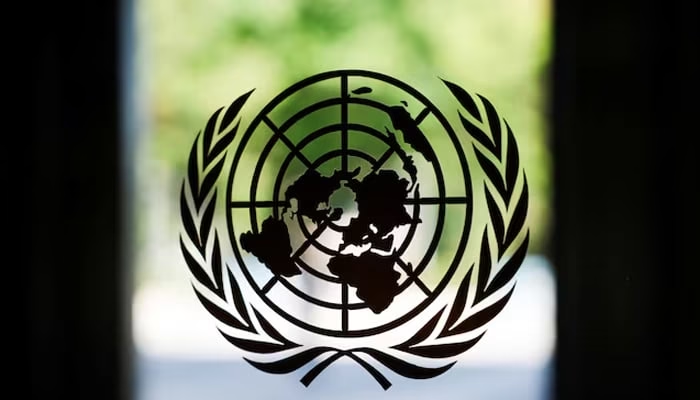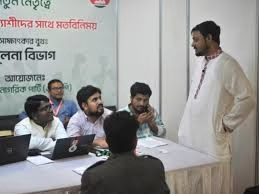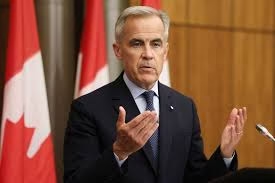The next United Nations Secretary-General election is set to take place next year, marking the start of a new five-year term beginning on January 1, 2027. As anticipation builds within the international community, several prominent figures have already emerged as potential candidates. This election will determine the successor to the current UN chief, António Guterres, and could shape the organization’s priorities and global influence for the coming years.
When Will the Process Begin?
The official process for the next United Nations Secretary-General election will commence when the 15-member Security Council and the president of the 193-member General Assembly jointly send out a letter inviting nominations. This letter is expected to be issued by the end of the year.
Each candidate must be nominated by a UN member state. Traditionally, the position of Secretary-General rotates among global regions. While it was Eastern Europe’s turn during Guterres’s election in 2016, the upcoming cycle is expected to favor candidates from Latin America. However, diplomats anticipate that nominations could also come from other regions, reflecting the increasingly global nature of the UN’s leadership structure.
Leading Candidates for the 2027 Term
Although the official nomination period has not yet opened, several high-profile candidates have already declared their interest in running for the role.
Michelle Bachelet (Chile)
Chile’s President Gabriel Boric announced on September 23, 2025, that his country would nominate former president Michelle Bachelet. She was Chile’s first female head of state and served two presidential terms. Bachelet also has a strong background within the UN, having served as the High Commissioner for Human Rights (2018–2022) and Executive Director of UN Women (2010–2013). Her extensive international experience positions her as a strong contender.
Rebeca Grynspan (Costa Rica)
Costa Rica confirmed the nomination of Rebeca Grynspan on October 8, 2025. A former Vice President and an accomplished economist, Grynspan currently serves as Secretary-General of the UN Conference on Trade and Development (UNCTAD). Her leadership experience in economic development and trade could bring a new focus on global economic equity to the UN’s agenda.
Rafael Grossi (Argentina)
Rafael Grossi, Director-General of the International Atomic Energy Agency (IAEA) since 2019, has confirmed his intention to run for the top UN post. As a seasoned diplomat and nuclear expert, Grossi’s experience in international negotiations and security makes him a serious candidate in the next United Nations Secretary-General election.
How the Election Process Works
The United Nations Secretary-General election process involves two main bodies: the Security Council and the General Assembly. The Security Council, comprising 15 members, first conducts a series of secret ballots known as “straw polls” to gauge support for each candidate.
Council members can choose to “encourage,” “discourage,” or express “no opinion” on each nominee. The five permanent members — the United States, Russia, China, France, and the United Kingdom — wield veto power, meaning a single objection from any of them can effectively block a candidate. Once the Security Council reaches a consensus, it formally recommends one candidate to the General Assembly.
The General Assembly then votes on the recommended candidate, a process that has historically served as a formality since the Security Council’s choice is almost always approved.
Increasing Transparency in the Selection
In the past, the selection process for the UN Secretary-General was often criticized for being secretive and influenced by powerful member states. However, recent reforms aim to bring greater transparency and accountability.
A resolution adopted by the General Assembly in September 2025 requires all candidates to submit a vision statement outlining their goals and priorities if elected. These statements will be made public on a dedicated UN web page, allowing the global community to evaluate each candidate’s vision.
Candidates must also disclose their sources of funding to prevent any potential conflicts of interest. Those currently holding UN positions are encouraged to temporarily step aside during their campaigns to ensure fairness in the process.
The Role of the UN Secretary-General
The Secretary-General is often described as the chief administrative officer of the United Nations, but the role extends far beyond administration. According to the UN Charter, the Secretary-General acts as both a diplomat and a global advocate, working to mediate conflicts, promote peace, and oversee humanitarian operations.
Currently, António Guterres oversees more than 30,000 civilian employees and manages 11 peacekeeping missions involving about 60,000 troops and police officers. The UN’s annual operating budget is around $3.7 billion, with an additional $5.6 billion dedicated to peacekeeping efforts.
While the Secretary-General lacks the power to authorize military action or impose sanctions — functions reserved for the Security Council — the position remains one of immense moral authority and diplomatic influence.
Will the UN Finally Elect Its First Female Leader?
Despite the organization’s long history, no woman has ever served as United Nations Secretary-General. The 2025 General Assembly resolution explicitly expressed “regret” over this fact and urged member states to consider nominating women.
With candidates like Michelle Bachelet and Rebeca Grynspan in the race, there is growing optimism that the next United Nations Secretary-General could finally be a woman — marking a historic shift in the organization’s leadership and signaling a new era for global diplomacy.
As the next United Nations Secretary-General election approaches, the world will be watching closely to see who will step into one of the most influential roles on the global stage — a position that not only represents the UN but embodies the ideals of international cooperation and peace.



